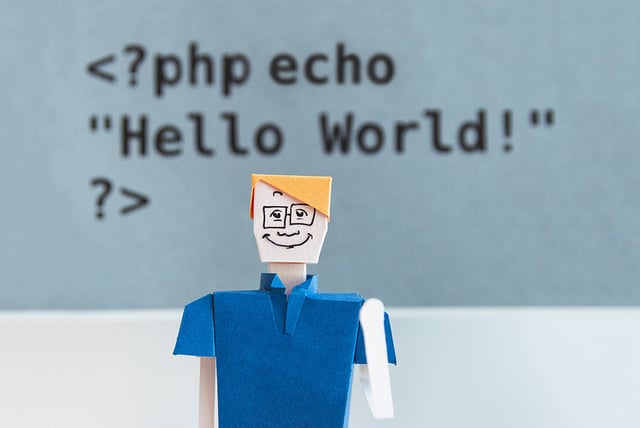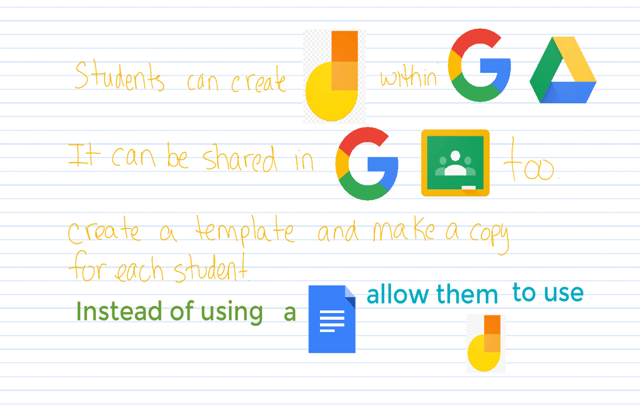The One About Computer Science Programs for K-12 Students
 Insights By Anna McVeigh-Murphy
Insights By Anna McVeigh-Murphy
The computer science that fuels our digital world is distant and impossible is accessible to all of us.
Computer science happens in boisterous groups of people, both on and offline, and requires creativity, design, and imagination. It’s something we’re not just capable of doing but something we already do. Indeed, computer science is accessible to all of us.
The vision for computer science in schools is one that’s comprehensive. It’s not a singular class; instead, it’s redefining how learning takes place. Computer science occurs through tech integration that spurs digital transformations in schools and districts. Computer science education is aspirational and is an integrated and long-term process.
What is Computer Science?
Computer science is the study of computers and computing systems. This field dictates the type, design, and structure of the digital tools we use and the interfaces, interconnectivity, and functionality of our favorite programs. And as technology expands and advances, computer science’s influence on our day-to-day experiences grows.
In many ways, computer science exists in classrooms already if students are using technology, but this just scratches the surface for the possibilities. And these possibilities don’t just revolve around programming, though important.
The study of computer science starts with basic digital skills for using technology, like saving files, logging in, and using search engines. It also encompasses the mindset and problem-solving process computer scientists use to develop applications and systems. And, yes, computer science includes coding. At the same time, this field also addresses the social and cultural implications of technology and the mechanisms for collaborating and communicating through digital platforms.
Specifically, the study of computer science covers topics such as:
- Technology application and management
- Network fundamentals, access, and function
- Online privacy and security
- Data collection, storage, visualization, and analysis
- Decomposition
- Pattern recognition and abstraction
- Algorithmic thinking and development
- Program design
- Cultural impact of computational systems
- Ethical and equitable technology development
- Digital collaboration and social interactions
Moreover, computer science teaches students how to create with technology, to be empowered users, and to harness advances in technology to shape the ways they learn, live, and – eventually – work.
Computer Science is Future Ready
Why is computer science important? Computer science education pursues future readiness that closes the computer science gap, breaks down barriers to access and inclusion, outfits students with in-demand digital skills, and situates students as capable lifelong learners.
The solution to the computer science and digital skills gap is complex, but we do know that education is vital to these efforts. Explaining this, the Office of Career and Technical Education writes:
“Computer science is not about understanding how to use a word processor or create a spreadsheet. Computer science is about gaining computational thinking skills and is a critical skill set that all students should have in the 21st century workforce—and states, districts, schools, educators, and their partners are doing their part to expand opportunities to computer science for all.”
Toward a New Future
Indeed, computer science is more than just a set of digital skills; it is a mindset founded on problem solving, critical and creative thinking, and metacognition. Computer science teaches students how to think, learn, and adapt.
With the knowledge of how programming languages work, how computing systems operate, and how networks drive connectivity, students understand technology and its adaptations and advancements – how to develop, troubleshoot, improve, and use it. Whether in their home, school, or work life, students need foundational computer science skills that allow students to continuously grow and adapt throughout their lifetime.
So, fasten your motherboard because it’s about to get geeky.




